Navigating the World of Dietary Supplements

TO SUPPLEMENT OR NOT: DECIPHERING THE DIETARY SUPPLEMENT CONUNDRUM
Greetings, health aficionados and critical thinkers! Today's journey takes us deep into the bustling realm of dietary supplements. Prepare for a thrilling expedition through the dense thicket of vitamins, minerals, and the whirlwind of marketing fanfare. We're tackling the burning question: Should you incorporate dietary supplements into your health regimen? Let's embark on this explorative journey together.
THE SUPPLEMENT SPECTACLE
Imagine stepping into the grandiose world of dietary supplements – shelves stacked with a kaleidoscope of bottles, each brimming with promises of enhanced health and vitality. It's an adult version of a candy store, where colorful pills and powders pledge to elevate your well-being.
Tip 1: Look beyond the glitz and glamorous promises of product labels.
Behind the allure of these products lies a critical question: Are these supplements genuinely the health elixirs they claim to be, or merely illusions in the vast wellness industry? Let’s peel back the layers and delve deeper.
DEMYSTIFYING THE NUTRIENT GALAXY
Enter the universe of nutrients: vitamins, minerals, antioxidants – the guardians of your diet, each playing a distinct role in your health. Vitamins like C for immunity, A for vision, and the bone-strengthening prowess of calcium – they're akin to a nutritional superhero team. But here's a twist: a balanced diet typically provides the full spectrum of these heroes, potentially reducing the need for that extra supplement boost.
Tip 2: Prioritize a diverse, nutrient-rich diet as your main health strategy.
Your body itself is an extraordinary processor of nutrients, extracting and utilizing them directly from the foods you consume. Hence, while the allure of supplements is strong, the body often prefers nutrients in their natural, food-based form.
THE CONTEMPORARY DIETARY CHALLENGE
Today's fast-paced lifestyle brings with it a diet often characterized by convenience but lacking in key nutrients. This is where supplements could play a supporting role – stepping in to fill nutritional gaps left by our modern diet.
Tip 3: Use supplements as a dietary adjunct, not a substitute.
Supplements can act as valuable allies, supplementing your diet where it falls short. However, they shouldn't be the primary source of your nutritional intake – think of them as the reliable backup to your diet's main event.
THE SUPPLEMENTATION DEBATE
The supplement industry is a multi-billion dollar enterprise, bolstered by studies that often sing praises of these products. However, it's important to note that many of these studies may be industry-funded – akin to getting candy recommendations from a sweet-toothed child.
Tip 4: Approach supplement studies with a critical eye.
Nutritional science is ever-evolving. Today's superfood might become tomorrow's regular fare. It's important to stay updated and adaptable as new research emerges.
THE FINAL TAKE ON SUPPLEMENTS
So, should you take dietary supplements? If your diet resembles a vibrant, nutrient-dense mosaic of fruits, vegetables, proteins, and grains, you might already be receiving all the necessary nutrients. However, if your diet is more fast-food fare than a rainbow of nutrition, supplements could play a useful supporting role.
Tip 5: Tune into your body's needs and not just the persuasive supplement ads.
In summary, dietary supplements can be a helpful addition to a healthy diet but are not a standalone solution. They should complement, not replace, a nutritious diet. Balance, informed choices, and a bit of indulgence in life's pleasures (like the occasional treat) are key to a holistic approach to health.
NAVIGATING THE GRAY AREAS OF SUPPLEMENTATION
The world of supplements isn't strictly black and white. While some individuals find supplements beneficial for that extra health boost, others remain justifiably cautious. The supplement market isn't as tightly regulated as pharmaceuticals, leading to variations in quality and efficacy.
Tip 6: Opt for reputable, quality-tested supplement brands.
The supplement landscape is diverse, with some products backed by solid research and others shrouded in mystery. It's crucial to research and seek professional advice tailored to your unique health needs.
In closing, the expansive domain of dietary supplements is filled with potential benefits and pitfalls. Whether you decide to incorporate supplements into your wellness journey or rely solely on a balanced diet, the journey to health is deeply personal. Approach it with curiosity, a healthy dose of skepticism, and practical wisdom. Embrace your unique health adventure, be it with or without supplements, and savor every step of the way. Your health narrative is yours to write, with or without these nutritional extras by your side.




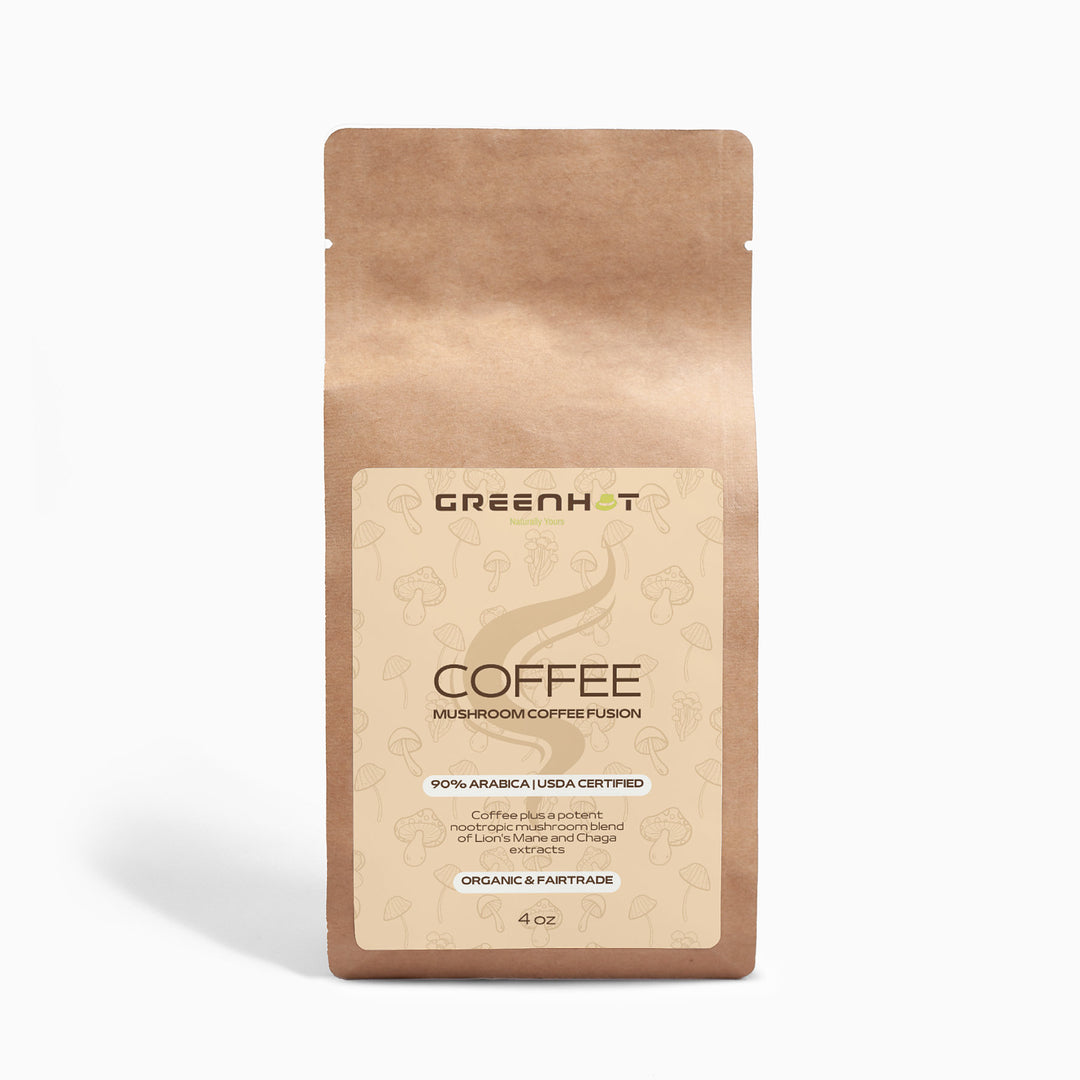
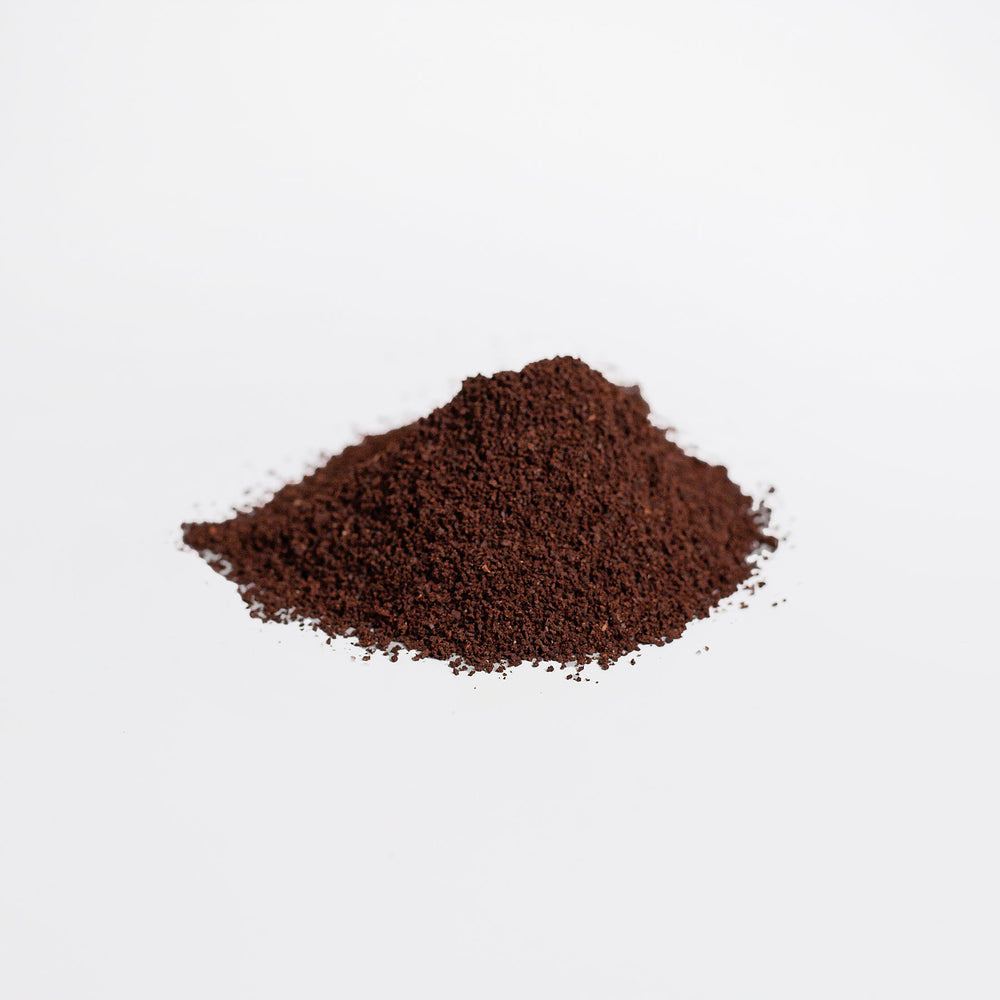
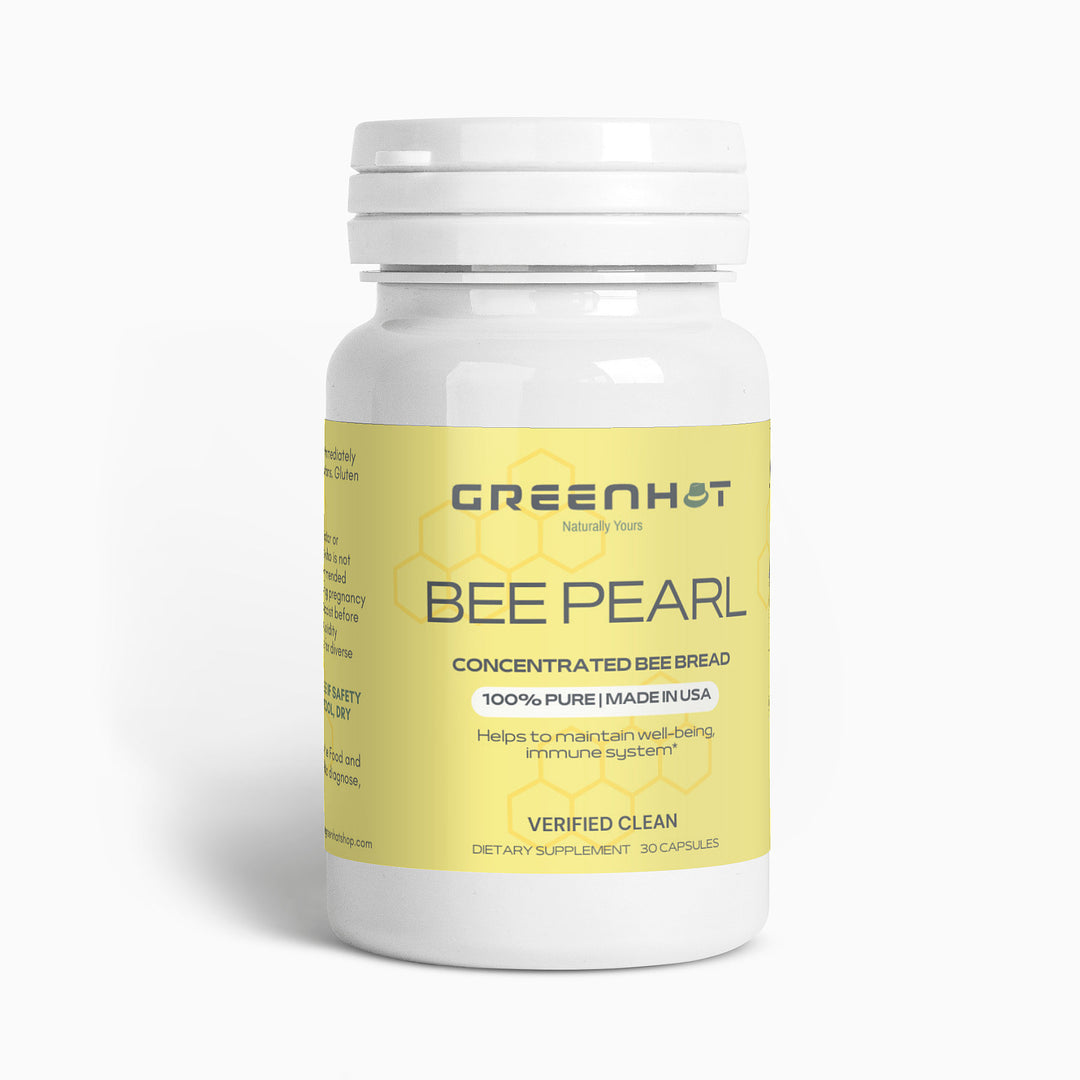
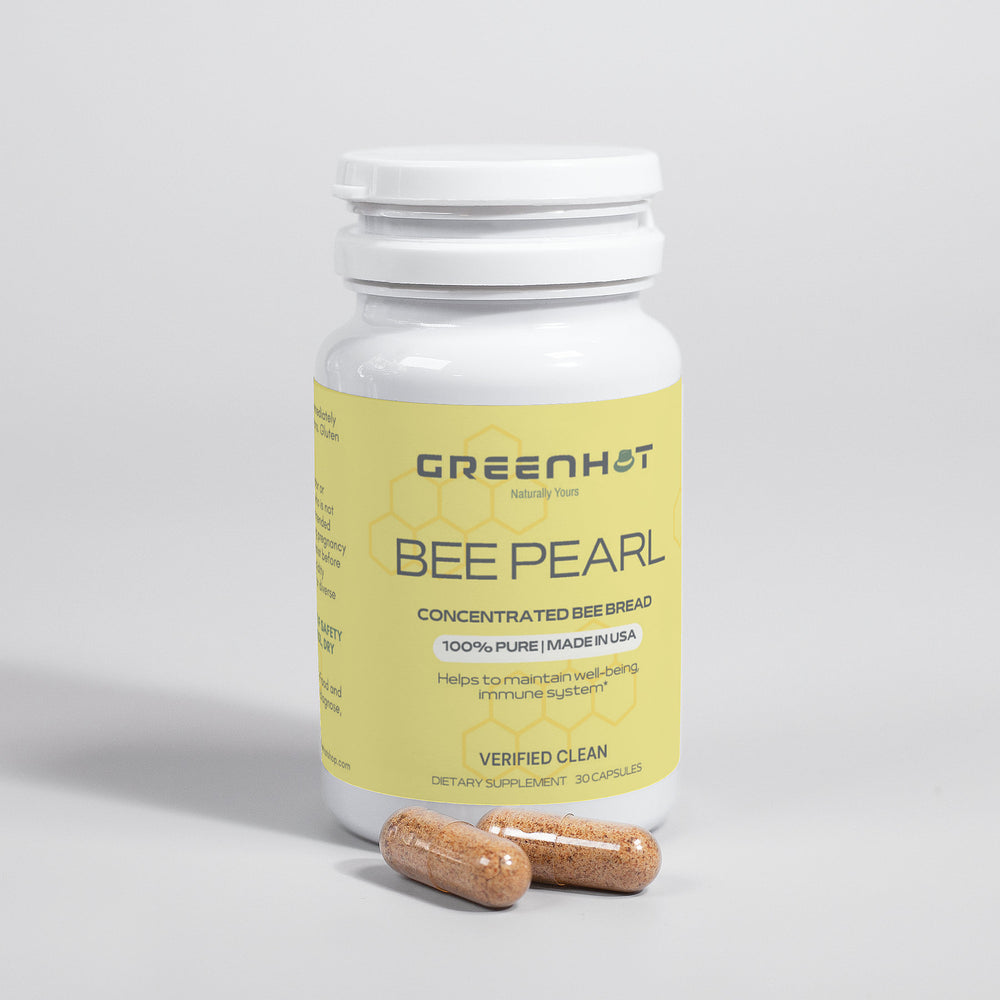
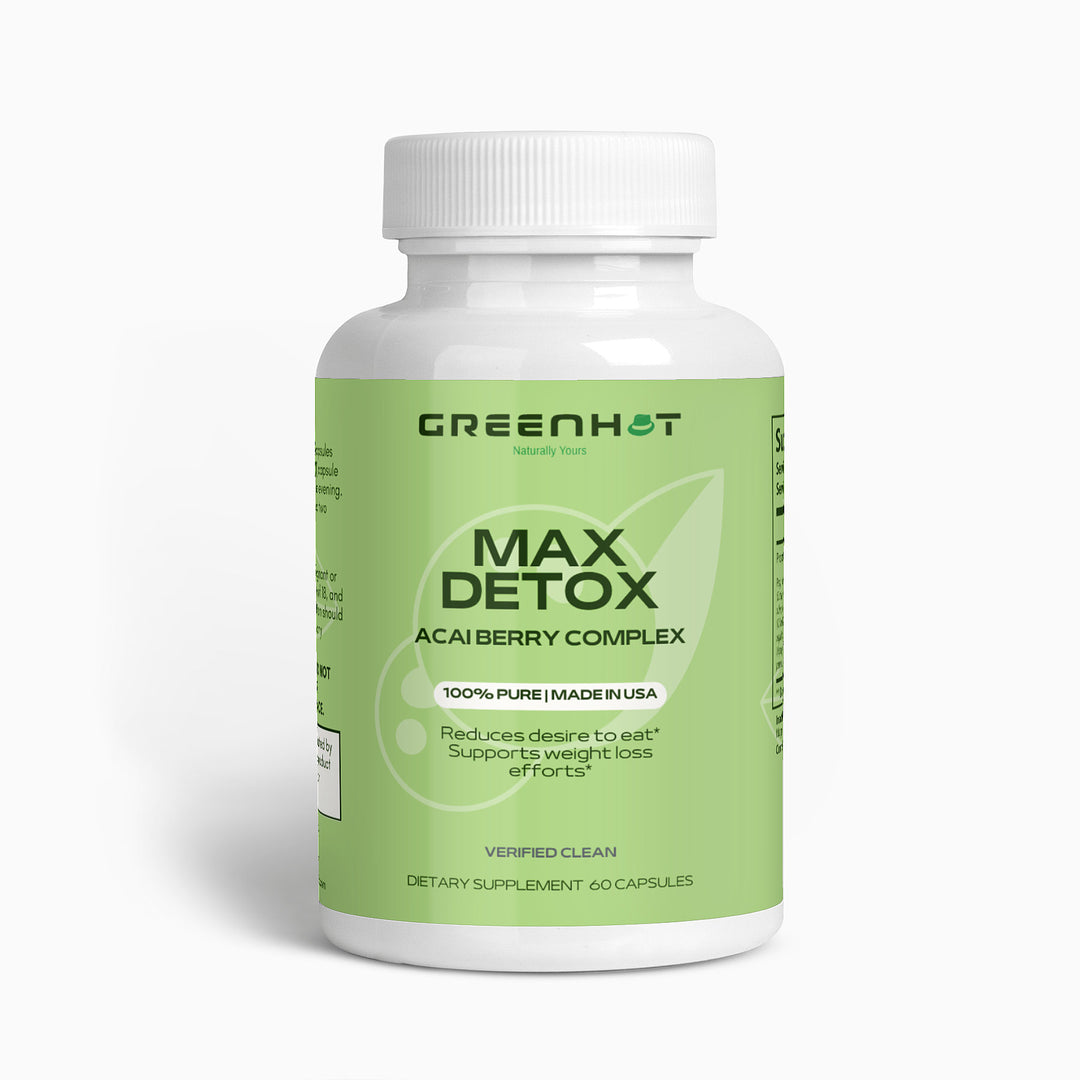
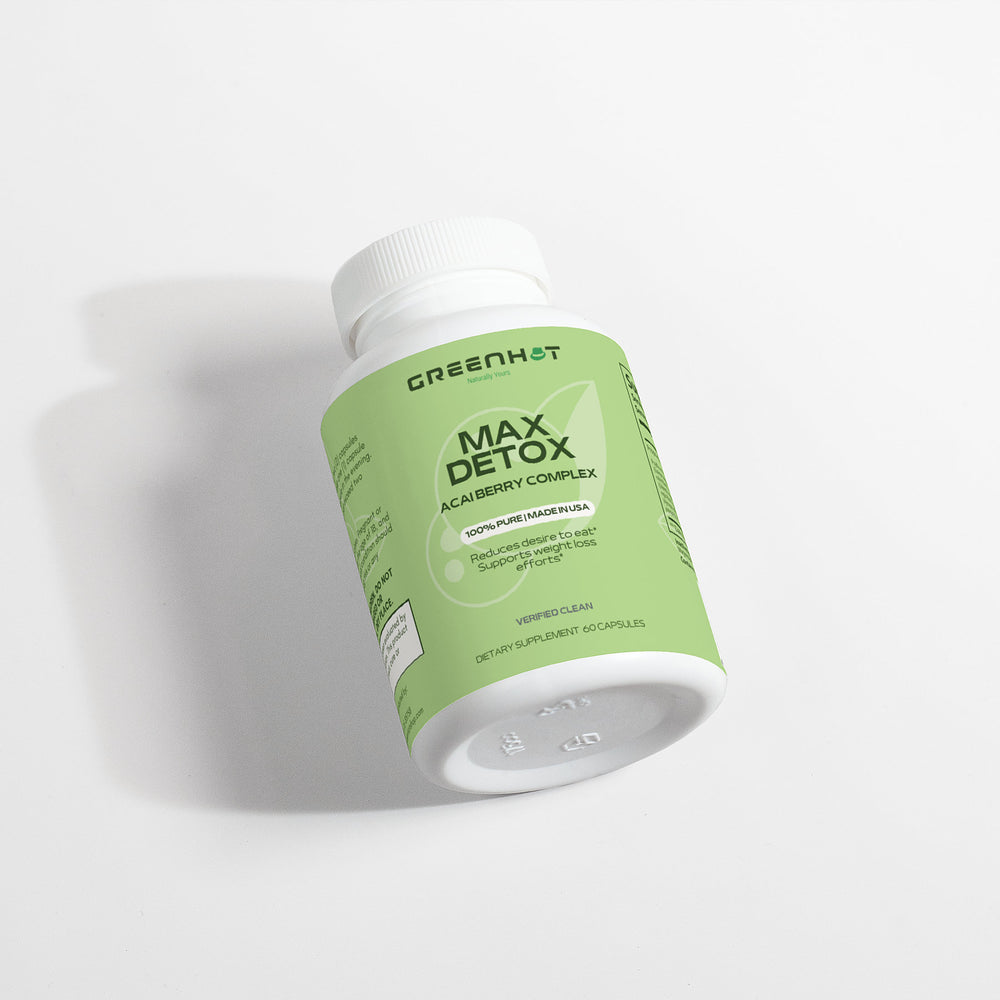
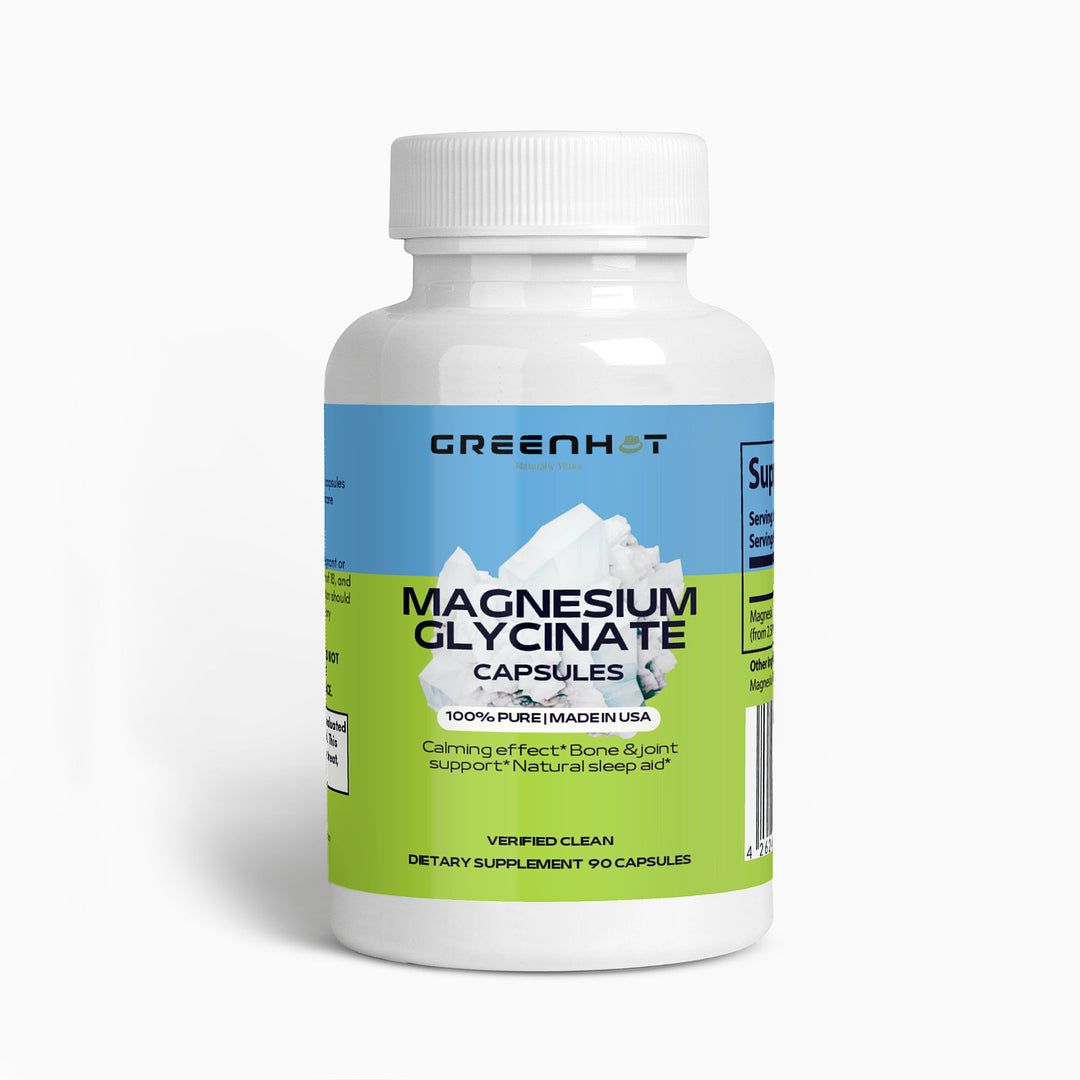
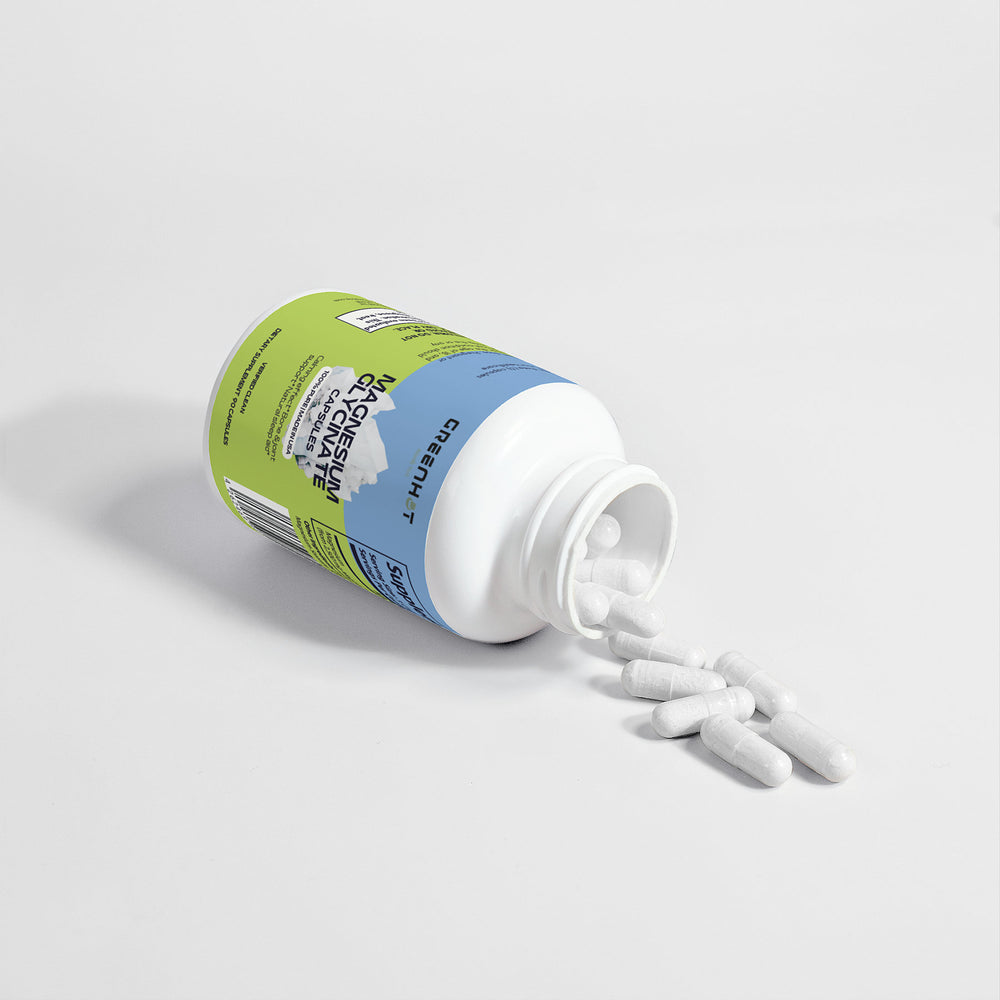









Leave a comment